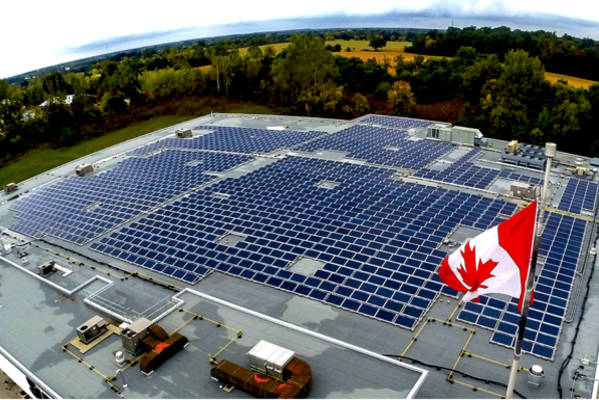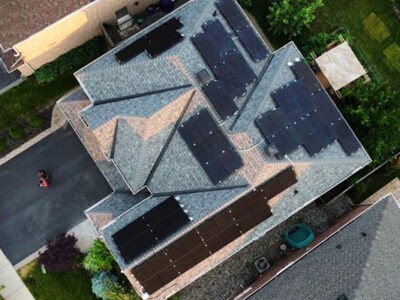Let’s start with good news.
The global solar industry is doing fine. Trends indicate that solar energy is now cheaper than coal in most parts of the world.
The U.S. had one of the best years for solar in 2016 as the country added 9.1 gigawatts of solar generating capacity, according to U.S Energy Department estimates.
The U.S. also saw electric sector job growth powered by the solar industry with 374,000 jobs.
Well, this doesn’t even compare with China, which practically took the lead as the world’s biggest producer of solar energy by doubling its solar photovoltaic capacity. The country now has 77.42 gigawatts of installed capacity. No joke!
Here’s the bad news.
In Canada, investments in solar energy technology have been quite slow. According to data from Bloomberg New Energy Finance (BNEF), new investments dropped 46 percent in 2016, the lowest in a decade.
Some industry voices attribute the decline to the fulfillment of provincial policies that promoted renewables in Quebec and Ontario.
“No other region in Canada will supplant Ontario and Quebec’s recent build. The better way to look at it from Canada’s perspective is that the last couple of years have really been an anomaly, based essentially on a bunch of projects coming through the pipeline all at the same time,” Amy Grace, a researcher at BNEF, told the National Observer.
However, others are hopeful that solar will experience major growth in the next few years, as more companies contemplate switching to greener energy sources.
“It is pretty easy to see this industry standing on its own two feet economically, without subsidy, in a five-year time frame,” Greg Payne, vice-president of a Toronto clean-tech investment firm, told The Globe and Mail last September.
Canada’s federal government has also committed to supporting more clean energy, as have Alberta and Saskatchewan’s governments.
H/T: Huffington Post














Comments